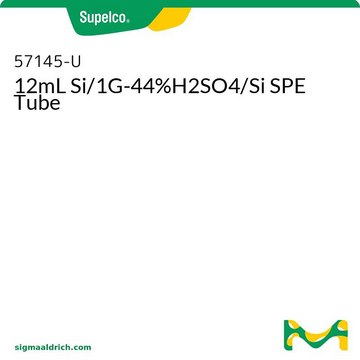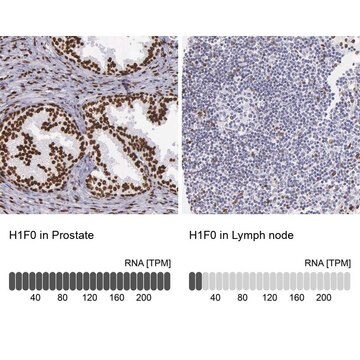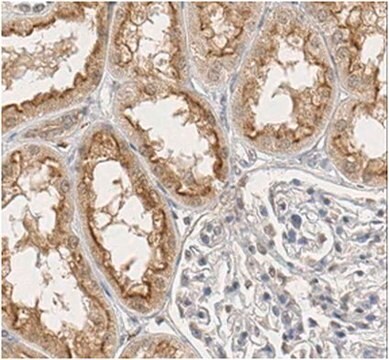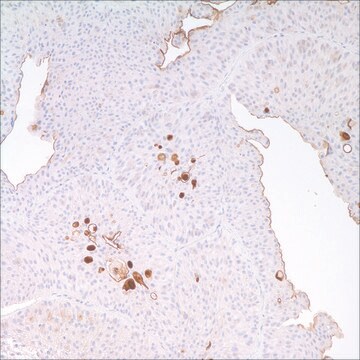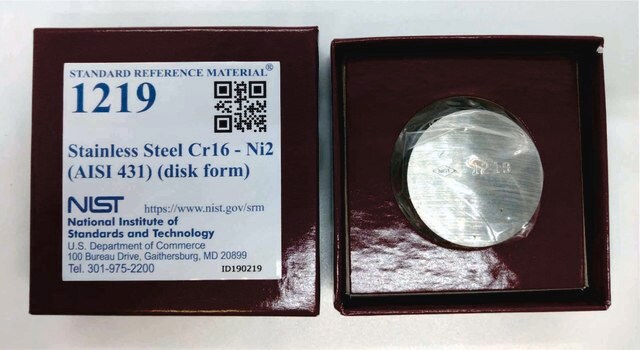MAB2058Z
Anti-Integrin β4 Antibody, clone ASC-3, azide free
clone ASC-3, Chemicon®, from mouse
Synonym(s):
CD104, MAB2058
About This Item
Recommended Products
biological source
mouse
Quality Level
antibody form
purified immunoglobulin
antibody product type
primary antibodies
clone
ASC-3, monoclonal
species reactivity
human
manufacturer/tradename
Chemicon®
technique(s)
flow cytometry: suitable
immunohistochemistry: suitable
immunoprecipitation (IP): suitable
isotype
IgG1κ
NCBI accession no.
UniProt accession no.
shipped in
dry ice
target post-translational modification
unmodified
Gene Information
human ... ITGB4(3691)
Related Categories
Specificity
Immunogen
Application
Cell Structure
Integrins
Physical form
Storage and Stability
Analysis Note
A431 cell lysate
Other Notes
Legal Information
Disclaimer
Not finding the right product?
Try our Product Selector Tool.
Storage Class Code
12 - Non Combustible Liquids
WGK
WGK 2
Flash Point(F)
Not applicable
Flash Point(C)
Not applicable
Certificates of Analysis (COA)
Search for Certificates of Analysis (COA) by entering the products Lot/Batch Number. Lot and Batch Numbers can be found on a product’s label following the words ‘Lot’ or ‘Batch’.
Already Own This Product?
Find documentation for the products that you have recently purchased in the Document Library.
Our team of scientists has experience in all areas of research including Life Science, Material Science, Chemical Synthesis, Chromatography, Analytical and many others.
Contact Technical Service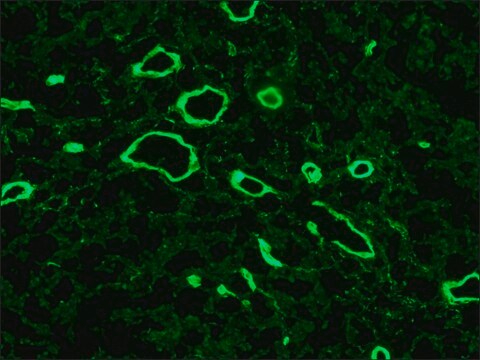
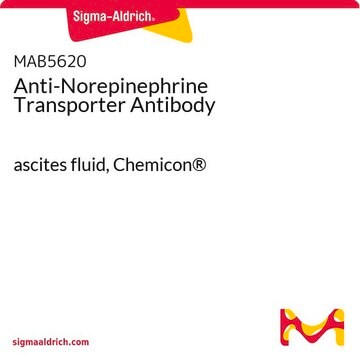
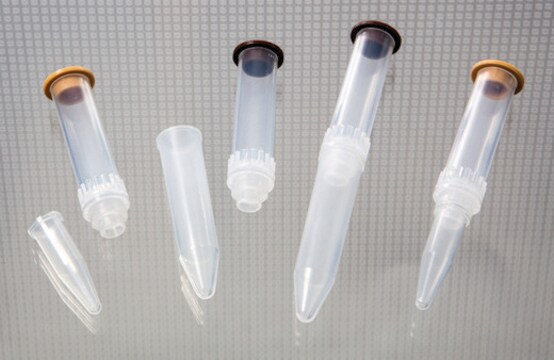
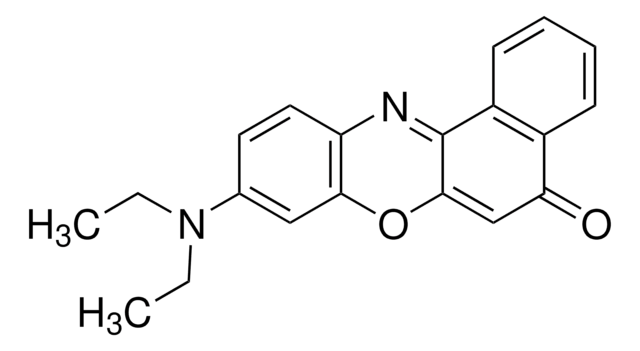
![Capillary Column Nut (fits Agilent [MS detector] and PerkinElmer®), hexagonal wrenchtight version pkg of 5 ea](/deepweb/assets/sigmaaldrich/product/images/204/027/684d1d8a-ec5f-4fca-a84c-27c8edf28563/640/684d1d8a-ec5f-4fca-a84c-27c8edf28563.jpg)
